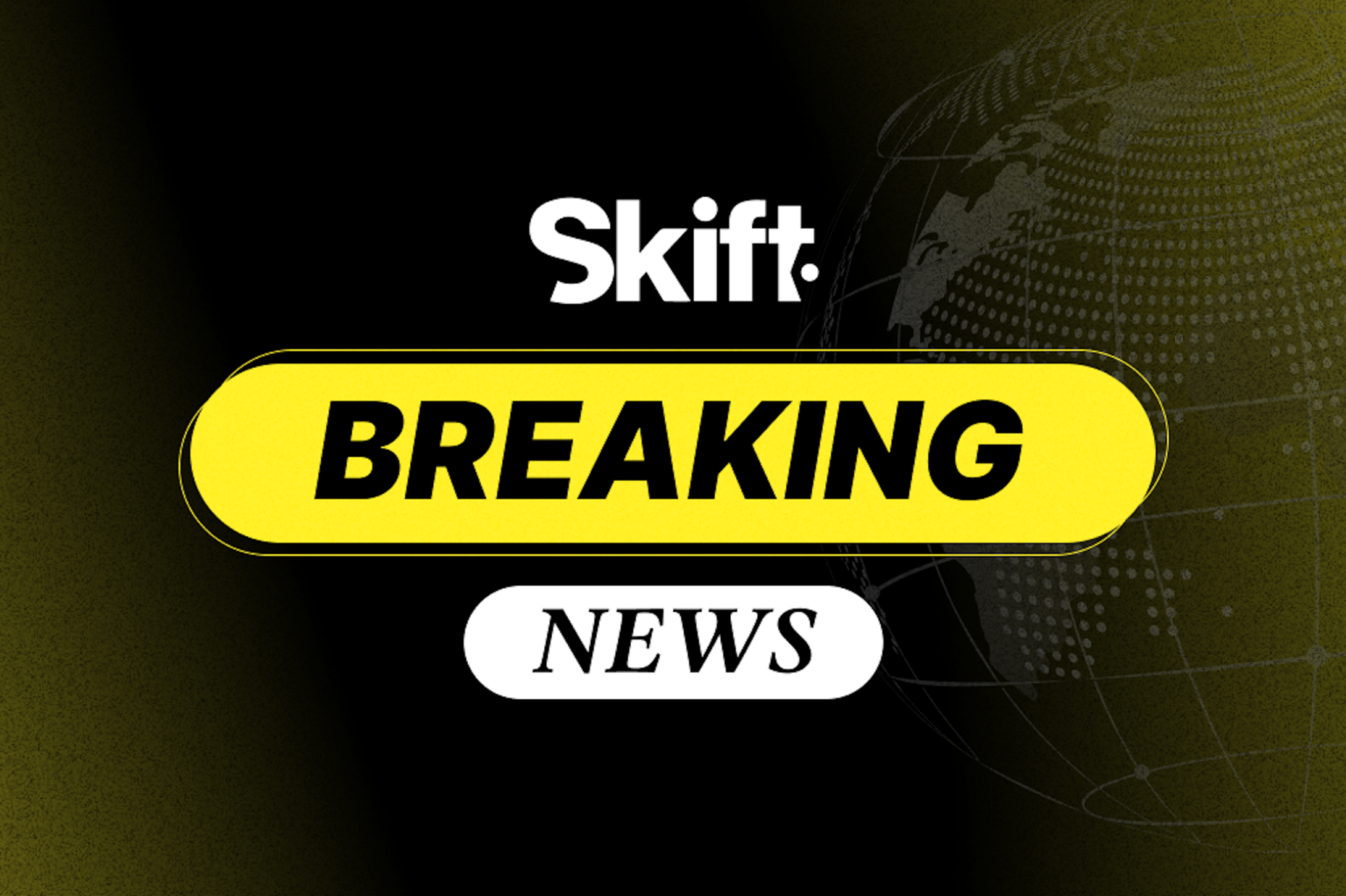A strike at Boeing will continue after union members rejected a revised deal, with 64% of mechanists turning down the offer. This rejection widens the gulf between the two parties, as last week IAM bosses reached a tentative deal with the company which was ultimately rejected by the members. The setback comes as Boeing reported a third-quarter loss of $6 billion, with the commercial airplanes unit experiencing a significant loss compared to last year. The failed offer included a 35% raise over four years and $7,000 ratification bonuses, but did not restore pensions, a key demand from union members.
Boeing declined to comment on the result of the IAM vote, and the failed offer was negotiated with the help of acting Labor Secretary Julie Su. Boeing had previously withdrawn an earlier pay offer on October 11, accusing the IAM of not seriously considering their proposals. The union, in response, claimed that Boeing was determined to stand by a non-negotiated offer. The impact of the strike is significant, as the IAM union represents around 33,000 Boeing staff in the Pacific Northwest who produce important airliners such as the 737 Max and 777. The strike, which began on September 13, is estimated to cost Boeing roughly $1 billion a month and has led to plans to lay off 10% of the workforce and delay deliveries of the 777X.
The Skift Travel 200 (ST200) provides an overview of the performance of airline sector stocks within the index, which includes companies publicly traded across global markets. The index combines the financial performance of nearly 200 travel companies worth over a trillion dollars into a single number, offering insights into the financial performance of the airlines sector. The ongoing strike at Boeing and the rejection of the revised offer by union members have significant implications for both the company and the employees. With the strike costing Boeing approximately $1 billion a month and leading to plans of layoffs and delayed deliveries, the gulf between the two parties has never felt wider.
Despite the rejection of the Boeing offer, the IAM union continues to represent the interests of its members, who have been seeking a resolution to an increasingly heated dispute with the company. The failed offer included a 35% raise over four years and bonuses, but did not meet the key demand of restoring pensions. The union’s rejection of the offer highlights the depth of the disagreement between the parties, with negotiations becoming more challenging as the strike continues. The impact of the strike is not only felt by Boeing financially but also by the employees who are directly affected by the ongoing labor dispute. As the strike continues, both parties are faced with the challenge of finding a resolution that addresses the concerns of the union members while also meeting the needs of the company.


